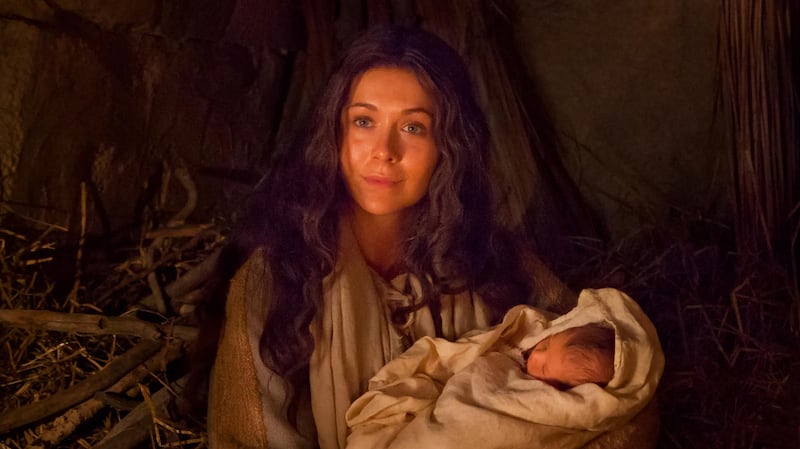As we enter into the 2020 Christmas season, most of us will have occasion to revisit the familiar stories from the second chapters of Luke and Matthew about the Nativity and the visit of the Wise Men.
Thinking that it might surprise and interest some, however, I offer my own translations of Christmas-related passages from a book that will be far less familiar to many.
Here, for example, are two texts from the Quran, the holy book of Islam, on the Annunciation of Christ. The notion that the baby Jesus spoke from the cradle had already appeared in some of the relatively late “infancy gospels”:
“Behold! The angels said: ‘O Mary! Truly God has chosen you and purified you, and chosen you above the women of all worlds. O Mary! Obey your Lord. Prostrate yourself, and bow down (in prayer) with those who bow.’
“This is some of the news of the unseen that We reveal unto you (O Muhammad): You were not with them when they cast lots as to which of them should be entrusted with the Mary’s care. Nor were you with them when they disputed (about it).
“Behold! The angels said: ‘O Mary! God gives you good news of a Word from Him: his name will be Christ Jesus, the son of Mary, honored in this world and the world to come and among those nearest to God. He shall speak to the people in the cradle and in maturity. And he shall be among the righteous.”
“She said: ‘O my Lord! How shall I have a son when no man has touched me?’ He said: ‘God is like that. He creates what He wills. When He decrees a matter, He simply says to it “Be,” and it is!’ And God will teach him the Scripture and Wisdom, the Torah and the Gospel, and (appoint him) a messenger to the children of Israel” (3:42-49).
“And mention Mary in the Book, when she withdrew from her family to an eastern place. She took a veil (apart) from them. So We sent her our Spirit, and he represented himself to her as a perfect man. She said: ‘I seek refuge from you with the Merciful; (do not touch me) if you are God-fearing.’ He said: ‘I am a messenger from your Lord, to give to you a pure boy.’ She said: ‘How shall I have a son, since no man has touched me and I have not been unchaste?’ He said: ‘So (it will be). Your Lord says, “It is easy for Me. And We will make him a sign unto humanity and a mercy from Us”: It is a matter foreordained’” (19:16-21).
The Quran also speaks about the birth of Christ in, for example, these two significant passages:
“So she conceived him, and retired with him to a distant place. And the pains of childbirth drove her to the trunk of a palm tree: She said: ‘Oh! Would that I had died before this! Would that I were forgotten, in oblivion!’ But (a voice) cried to her from beneath (the palm-tree): ‘Do not be sorrowful! Your Lord has provided a stream beneath you. Shake the trunk of the palm tree towards yourself: It will drop fresh, ripe dates upon you. So eat and drink and be consoled. And if you see anybody, say, “I have vowed a fast to the Merciful, and I will not speak with anybody today.”’ And then she brought him to her people, carrying him. They said: ‘O Mary, truly you have brought an unprecedented thing! O sister of Aaron! Your father was not a bad man, nor was your mother unchaste!’ So she pointed to him. They said: ‘How can we talk to a child in the cradle?’ He said: ‘Truly I am the servant of God: He has given me the Scripture and made me a prophet; and He has made me blessed wherever I am, and has enjoined upon me prayer and charity as long as I live; (He) has made me kind to my mother, and not arrogant or rebellious, and peace be upon me the day I was born, the day that I will die, and the day that I will be raised up alive!’” (19:22-33).
“And We made the son of Mary and his mother a sign. We gave them both shelter on high ground, granting rest and security and furnished with a spring” (23:50).
Daniel Peterson teaches Arabic studies, founded BYU’s Middle Eastern Texts Initiative, directs MormonScholarsTestify.org, chairs interpreterfoundation.org, blogs daily at patheos.com/blogs/danpeterson, and speaks only for himself.

